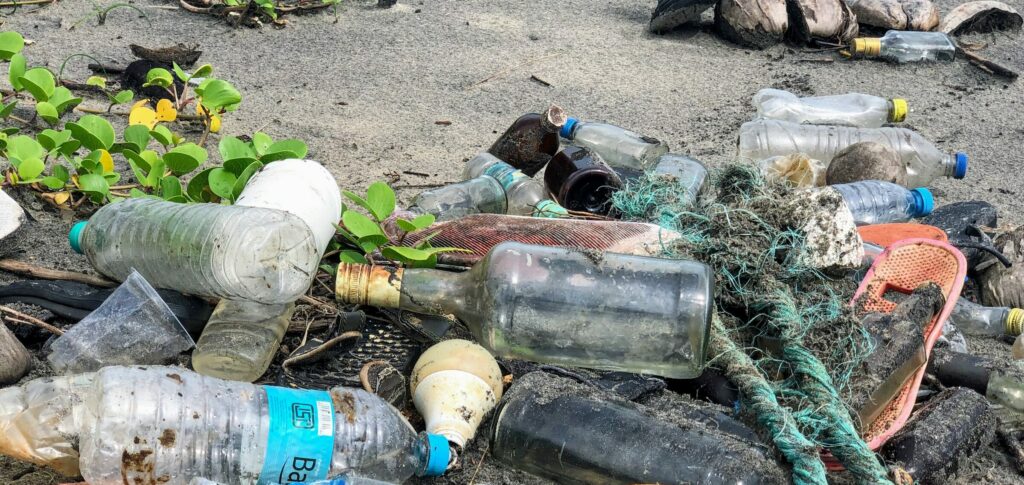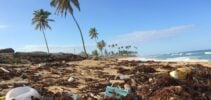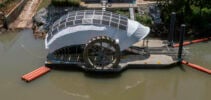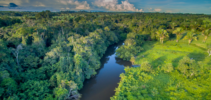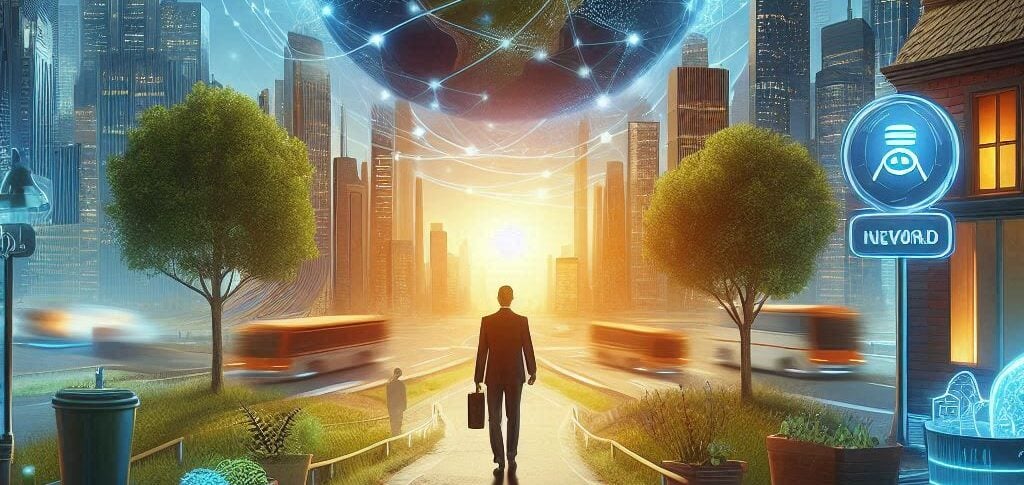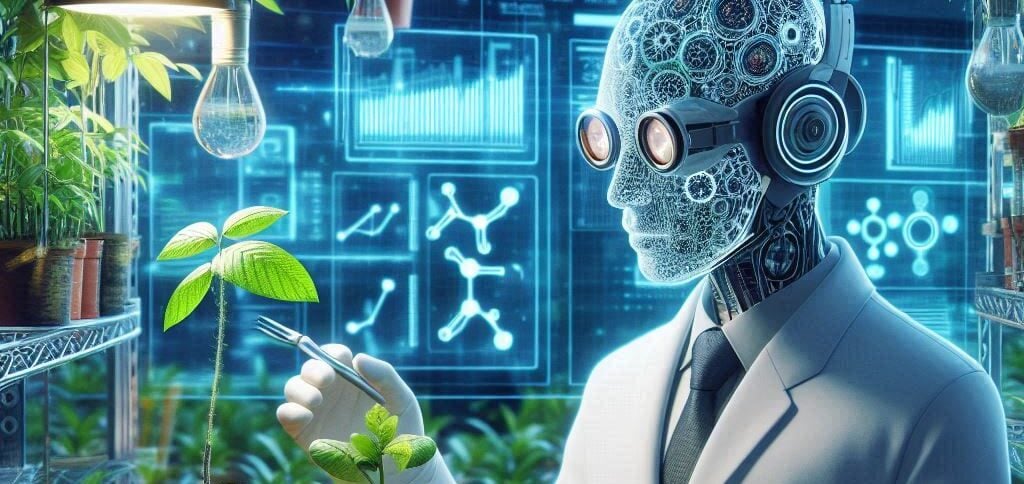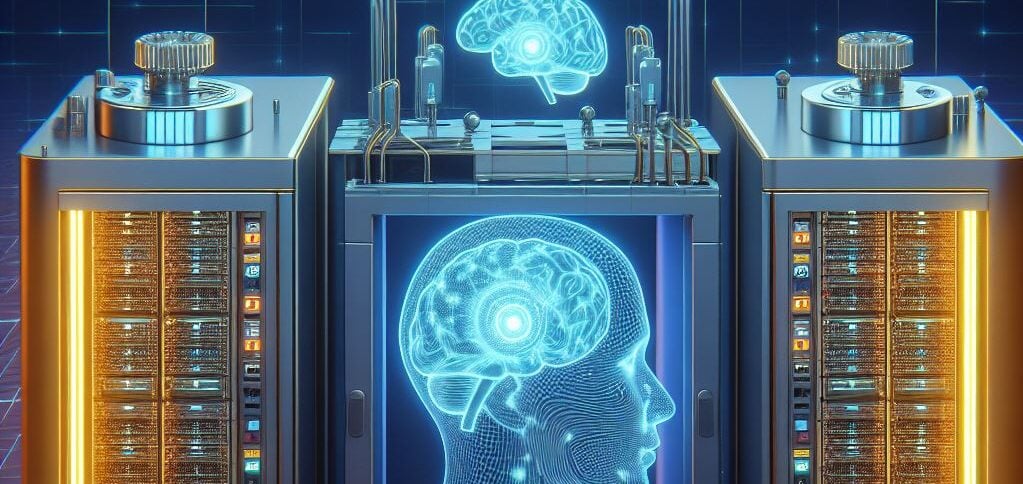Around “95% of plastic waste in water ends up in the abyss. When they find this trash, pilotthose in the submarines know they have reached the bottom”, explains one of the scientists, François Galgani, a plastics specialist at the French Institute for Research on the Exploration of the Sea (Ifremer), to AFP.
ADVERTISING
The world's main tourist destination and accounting for around 25% of international maritime traffic, the Mediterranean is under intense human pressure. Between 5% and 10% of the world's plastic is found in this semi-enclosed sea, which has reached a saturation level, warns the World Wide Fund for Nature (WWF).
According to the United Nations Educational, Scientific and Cultural Organization (Unesco), plastic causes the death of one million birds and more than 100.000 marine mammals worldwide every year.
“We have no choice, we have to turn off the tap,” says François-Michel Lambert, president of the Circular Economy Institute.
ADVERTISING
From Tel Aviv to Barcelona, garbage collection operations abound, transforming it into baskets, jewelry, or other consumer items.
But the effort is insufficient, according to Lucie Courtial, from the Monegasque association Plastic Med. Furthermore, boat expeditions can “displace the problem”, due to their high carbon emissions.
“World without plastic”
British environmental consultancy SystemIQ estimates that, to reverse the trend, it is necessary to reach 85%-90% of recycled plastic by 2050, compared to the current 35% in Europe.
ADVERTISING
But even if they end up in the appropriate place, Lucie Courtial reminds us that, “with plastic waste, there is no recycling, but 'decycling': a milk bottle can become a tube, for example, but we have to reinject raw material”.
The director in France of the Plastics Europe association, Jean-Yves Daclin, highlights that there are “new chemical recycling technologies, which will make it possible to recycle products that cannot be recycled today”, or even “manufacture plastic from carbon captured in industrial production” .
In the Mediterranean, it is single-use plastics, with food packaging leading the way, that make up the majority of waste.
ADVERTISING
For François-Michel Lambert, who lobbied as an MP in France for a ban on plastic bags and disposable utensils, “imagining a world without plastic is as difficult as imagining the end of the world.”
(To AFP)
Find out more about plastic pollution in the Mediterranean:
Read also
